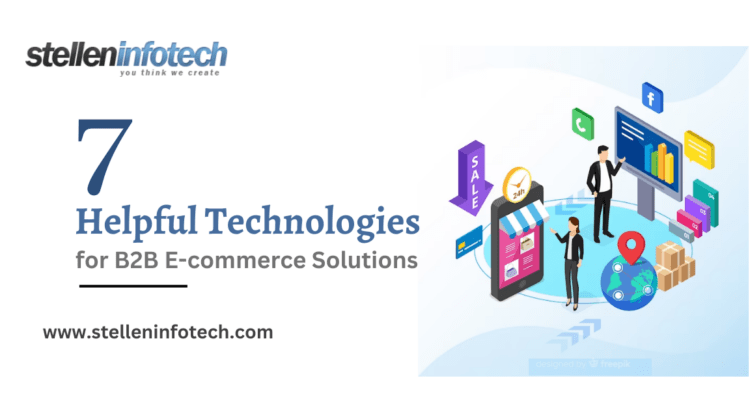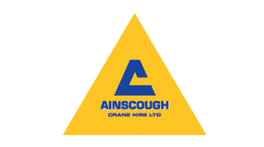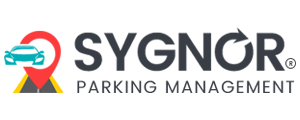B2B E-Commerce has transformed the way businesses have been operating. Their introduction has provided greater speed, convenience, and efficiency in the procurement process. E-business solutions are becoming the most adopted method to conduct transactions between businesses. In today’s fast-evolving business world, more and more companies are moving towards online sales. E-commerce and B2B solutions help businesses interact with each other on the digital marketplace.
In this blog post, we will throw light on various technologies employed for various business models. These can enhance customer experience, increase sales, and ultimately lower costs. From e-commerce platforms and CRM software to AI and Blockchain we will be taking a deeper look at these technologies. These technologies can provide solutions for B2B e-commerce to stay at the forefront of the business race.
Technologies for B2B E-Commerce
The essential technologies that can assist in increasing sales, reducing costs, and raising customer satisfaction are listed below:
Robust B2B eCommerce Platform
A robust B2B eCommerce platform is essential for businesses selling their products and services online. These platforms must allow businesses to lay down customized prices lists for existing and new customers. It must generate quotes for custom orders.
Various tools must be provided by the platform in order to manage customer relationships, track and manage orders conveniently, secure payment processing, etc. The platform must be designed in such a fashion so as to support multiple currencies and languages making it easy for customers from around the world to interact with.
Real-Time Integration With Enterprise Resource Planning (ERP) Software
Every organization presently uses ERP software to keep a check on different aspects of the business. Be it finance, accounting, supply chain, inventory planning, and other related areas. It is most likely that you must have also deployed the one for the same. By integrating your B2B eCommerce platform and CRM tool with your ERP system, you can automate business processes, improve data accuracy and gain deeper customer insights.
There are numerous benefits of real-time integration with ERP software. It can improve the decision-making process, increase efficiency and enhance collaboration across various departments. It also enables informed decision-making by providing valuable real-time insights into operations and supply chains.
Third-Party Logistics Integration
In order to improve customer satisfaction and further optimize supply chain operations, third-party logistics integration is an essential technology. This involves coupling an organization’s systems and processes with a third-party logistics provider, Thus enabling seamless data and exchange of information.
The overall improved customer satisfaction depends upon greater visibility into the supply chain which in turn facilitates tracking of inventory and shipments. A well-managed integration of third-party logistics allows a direct reduction in documentation with online dispatch paperwork and billing also.
eCommerce Syndication
In B2B solutions, a technology termed as eCommerce syndication is used to distribute information from one retailer’s website to other online marketplaces. The other purposes served by it are a comparison of various shopping engines and affiliated websites. It allows businesses to reach a wide era of audience, increase their visibility and drive more sales as a result.
There are a variety of tools and techniques that can be used to facilitate e-commerce syndication. Some of these include Product Information Management(PIM) systems, Data Feed Management, API integration, and Third Party syndication services are most commonly used.
Omnichannel Personalization
This is a well-known technology in B2B e-commerce to provide a personalized experience to customers. It is applicable across multiple channels including web, mobile social media, email, and more. Thus allowing businesses to engage with customers on a deeper level which improves customer satisfaction and ultimately increases sales.
There are a number of technologies that can assist omnichannel personalization. These include Customer Data Platforms, Customer Relationship Management (CRM), Artificial intelligence, Marketing Automation, and Content Management Systems (CMS). By deploying the right tools at the right time businesses can engage more and more customers thus increasing revenues.
Dealer Locator or Dealer Portal
This technology connects buyers with local dealers and distributors. Customers are guided toward the nearest dealer or distributor who can provide the product and services in demand. Incorporating a dealer locator on your website or creating co-branded dealer portals can be an effective way of supporting your dealers.
These strategies can help prevent direct competition by creating a mutually beneficial situation where everyone in the channel can thrive. When customers promote your products through word of mouth, it can help connect more and more consumers and ultimately, aid in the success for all parties involved.
Sales Reps Dashboard
These dashboards provide sales representatives with real-time information and insights. This helps them to optimize their sales processes and further improve customer relationships. It typically consolidates data from multiple sources and marketing automation tools into a single, user-friendly interface.
Although your e-commerce website can facilitate daily transactions, building relationships often requires one-on-one communication between your sales team and buyers. This is critical to guarantee that you are fulfilling your customers’ requirements and providing them with the best possible services.
Conclusion
To sum up, B2B e-commerce is increasingly becoming necessary for businesses to run. It is thus essential to take advantage of the right technology solutions to optimize processes and increase growth. The above blog discussed the 7 most essential technologies that have proven to be incredible in today’s times.
These technologies can optimize the user experience and can help boost revenues. To keep your business surviving in this competitive era, staying up to date with the latest trends in the market is a must. These powerful technologies enable B2B and e-commerce solutions to become more engaging, efficient, and productive.
So, do not hesitate to take advantage of these tools and stay ahead of the curve!






















































